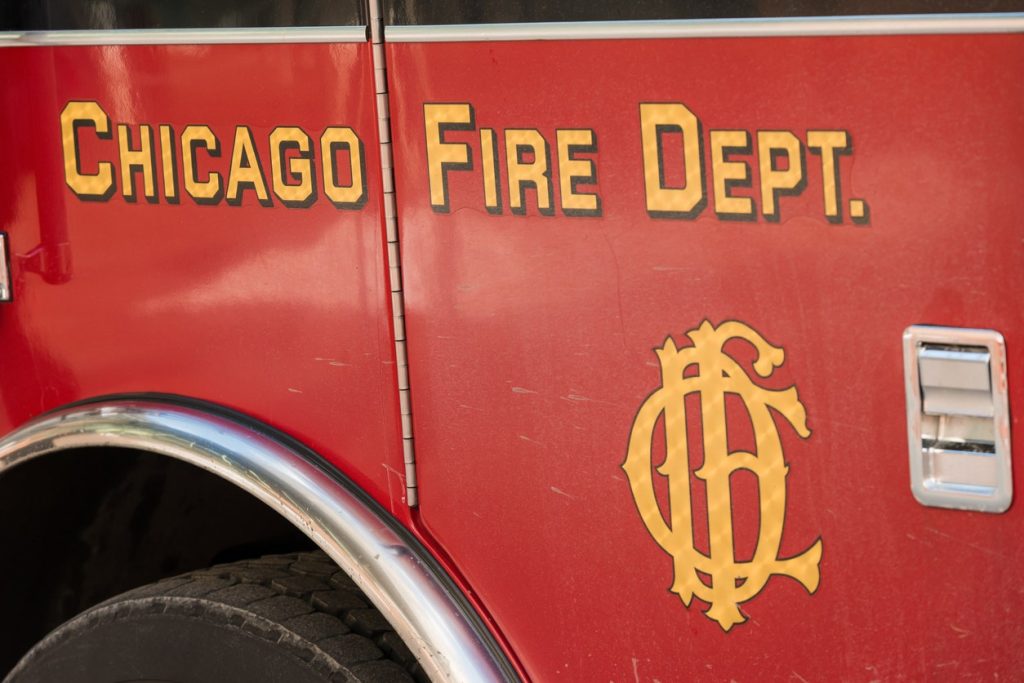On October 8, 1871, a devastating fire known as The Great Chicago Fire broke out in a barn on the southwest side of Chicago, Illinois. The fire burned through the heart of the city, killing 300 people and leaving one-third of the population homeless. It destroyed thousands of buildings and caused an estimated $200 million in damages over the course of two days. The exact cause of the fire was never officially determined, with theories ranging from a cow kicking over a lantern to human causes or even a meteor. The hot and dry conditions that year, combined with other smaller fires in the city and the Peshtigo Fire in Wisconsin, fueled the flames.
The Chicago Fire was so intense that fire devils, or vortexes of flames, spun across buildings and jumped to new blocks, setting new structures ablaze. The fire spread, prompting an outbreak of looting which required soldiers to be summoned to the city to contain the lawlessness. The fire eventually burned across the downtown area and headed for the North Side before finally being extinguished on October 10. Despite the devastation, much of Chicago’s physical infrastructure and transportation systems remained intact. The city quickly began reconstruction efforts, leading to a strong economic development that laid the foundation for a modern city with skyscrapers.
In the aftermath of the fire, the City of Chicago mandated the use of fire-resistant materials in all buildings, such as bricks. The population of Chicago grew significantly in the years following the fire, with the city becoming a major economic and transportation hub by 1890. The Chicago Fire Department training academy is now located on the site where the fire started at the O’Leary property. In 1997, the Chicago City Council passed a resolution exonerating Catherine O’Leary, an Irish immigrant who owned the barn where the fire began, along with her cow. The Great Chicago Fire remains a critical event in the city’s history, influencing building practices and contributing to the growth and development of Chicago as a major metropolitan area.
On October 7, 1916, a historic football game took place where Georgia Tech defeated Cumberland with a score of 222-0. This game has gone down in history as a legendary event, showcasing the dominance of Georgia Tech’s football team. The game’s extraordinary score has remained a notable moment in sports history, demonstrating the wide margin of victory achieved by Georgia Tech over Cumberland. The game has become a favorite topic among sports enthusiasts and football fans, highlighting the incredible performance of Georgia Tech on that particular day.
On July 20, 1968, the first Special Olympics were held in Chicago, marking a significant moment in the history of the event. The Special Olympics were founded by Eunice Kennedy Shriver to provide individuals with intellectual disabilities the opportunity to participate in athletic competitions and showcase their skills. The inaugural event in Chicago paved the way for future Special Olympics competitions around the world, promoting inclusion, diversity, and sportsmanship among athletes of all abilities. The success of the first Special Olympics in Chicago laid the foundation for a global movement that continues to empower individuals with intellectual disabilities through sports and competition.


